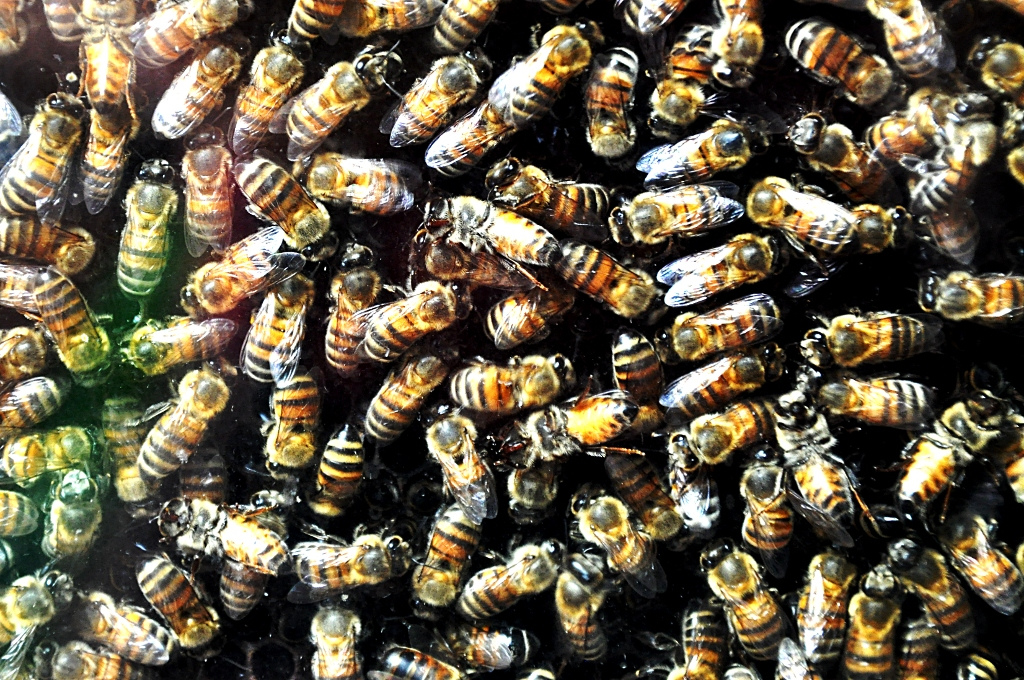Portland Bans Insecticide Blamed For Decline In Honey Bee Population
The Portland City Commission voted unanimously to suspend use of products containing neonicotinoids, effective immediately, reports Reuters. This makes the eighth U.S municipality to outlaw the insecticides as activists make the case that it’s the reason bees and other pollinating insects have been dying off.
Portland Commissioner Amanda Fritz’s quest to get the measure approved as a public health issue was successful on Wednesday, meaning neonicotinoids can’t be used in city parks, streets and gardens.
“I think we’re doing another good thing for the city of Portland, Oregon … and maybe the entire world,” Fritz said.
But opponents of the ban like Oregonians for Food and Shelter, a coalition of farmers, foresters and others who use the insecticides say some scientific research has refuted other findings that honey bees have been severely harmed by the pesticides.
“Farmers have a huge investment in honey bees but they also need insecticides to protect their crops from destructive pests,” said the group’s policy director, Scott Dahlman, in calling the decision one based on “fear and ideology” rather than sound science about bees and other pollinators.
Hopping on board the anti-neonicotinoid train is the federal Fish and Wildlife Service, which will ban the substance at national wildlife refuges by next January. The agency found that the insecticide was not preferred because it could be broadly distributed and potentially affect “a broad spectrum of non-target species.”
Portland bans insecticide to protect declining honey bees [Reuters]
Want more consumer news? Visit our parent organization, Consumer Reports, for the latest on scams, recalls, and other consumer issues.


